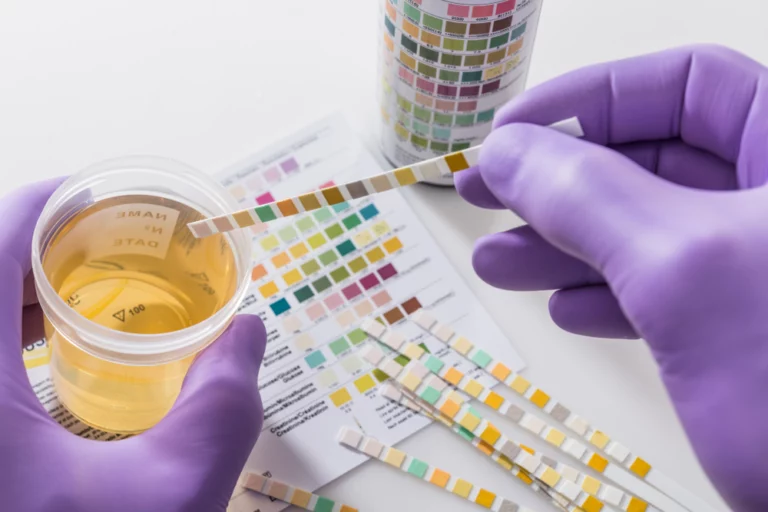What Are the IOP Program Requirements?
Choosing the best recovery program is a big decision, and it helps to know the IOP program requirements if that is the treatment plan you choose. The road to a sober lifestyle is a rocky one, but the right treatment can make all the difference. According to the Substance Abuse and Mental Services Administration(SAMSHA), a community of support is one of the four major dimensions of recovery.
With that in mind, if you’re interested in joining an intensive outpatient program, keep reading to learn more.
What Is an Intensive Outpatient Program?
An intensive outpatient program, also known as an IOP, is a treatment plan that gives individuals the flexibility to get counseling without interrupting their lives. Outpatient programs require time and dedication, but attendees don’t have to take off from work or school. Some people use an IOP to help them stay on course, while others transition to it after leaving an inpatient facility.
An IOP differs from inpatient care in a couple of ways. Outpatient programs are usually three days a week, for two to four hours per day.
On the contrary, inpatient treatment requires total commitment into a facility for 30 to 90 days. Both options consist of individual and group therapy sessions.
Does Insurance Cover IOP?
Health insurance coverage for an intensive outpatient program varies from plan to plan. However, according to most healthcare providers, substance abuse treatment is considered a medical necessity.
The insurance company may not cover the cost of everything, but they’ll pay a portion. Some may even cover hospitalization if need be.
IOP Program Requirements
Although an intensive outpatient program is designed to provide flexibility, there are certain requirements for attendance. If you can’t make a meeting or other life circumstances interrupt treatment, that’s understandable.
However, consistently missing sessions or being late is considered a relapse risk. Do your best to make it to every meeting and reschedule missed therapy sessions.
Homework
At-home assignments are often part of an intensive outpatient program. A counselor may have you look into info about relapse prevention or other group-related exercises. You might also have to read articles or books to help you with treatment.
Compliance
The primary focus of an IOP is to overcome substance abuse. Therefore, treatment programs may conduct a drug test. You may have to do one upon admission into the program and then up to several times per week for the duration of treatment.
If an attendee continuously tests positive, discharge from the program is possible. However, the individual won’t necessarily be removed from the program, but the below alterations could occur:
- An increase in therapy sessions
- Admission into a more intense program, inpatient facility, or hospitable-based treatment
- A new plan put into place to provide more effective treatment
What to Expect From an Intensive Outpatient Program
An IOP is designed to get to the root of your substance abuse, and one of the main ways to do that is through therapy. Since attendees aren’t required to permanently stay in a rehab facility, frequent counseling sessions play a big role in recovery. Here’s what to expect:
Individual Therapy
Speaking individually with a therapist is an effective way to talk freely about hurt, trauma, and other difficulties. Some enrollees may find it hard to be open about their struggles in the presence of others when they first join an IOP.
Therefore, private sessions are the best course of action. A counselor can help the individual uncover the underlying issues behind their addiction and put a plan together for sobriety.
Group Therapy
Group therapy allows the people enrolled in the intensive outpatient program to bond with one another. It’s liberating for individuals who share the same struggles to relate to one another.
Substance abuse can often cause guilt, shame, or depression, and it’s therapeutic for individuals to understand they are not alone. Group therapy also helps attendees to focus on various aspects of recovery like relapse prevention, stress management, addiction education, and more.
Plus, it builds a sense of community support so that group members can hold each other accountable.
Mindfulness
Intensive outpatient therapy isn’t just about treating addiction but treating the whole person. It’s beneficial for those who are recovering from substance abuse to learn other ways to channel their urges. Activities like meditation and breathing exercises help individuals to slow down and be in control of the moment.
It helps with relieving anxiety, stress, depression, and other recovery roadblocks. Not to mention, all of the health benefits of mindfulness. It’s been proven to enhance focus, cognition, immune health, self-compassion, and more.
Family Therapy
When a person has a problem with substance abuse, it not only hurts them but the people around them. Many times family members of the addicted individual are hurt during the process of their behavior.
Family therapy allows for attendees to talk about their feelings, apologize, and make amends with those they’ve wounded. Furthermore, family dysfunction sometimes creates drug and alcohol dysfunction. Therefore, family therapy allows all relatives involved to discuss their issues and heal.
Is an IOP Right for You?
If you’re looking for quality substance abuse treatment, knowing the IOP program requirements is a good place to start. Individuals with a stable support system and a low relapse risk often have amazing success with an IOP.
Do you or someone you love need substance abuse therapy? If so, we can help. Oasis Recovery Center is dedicated to seeing every program attendee win.
If you’re ready to get started, call us today. We look forward to connecting with you soon!












